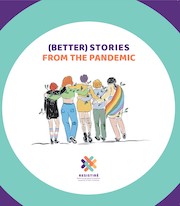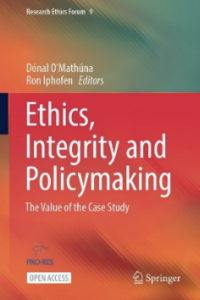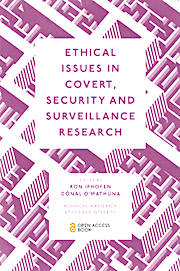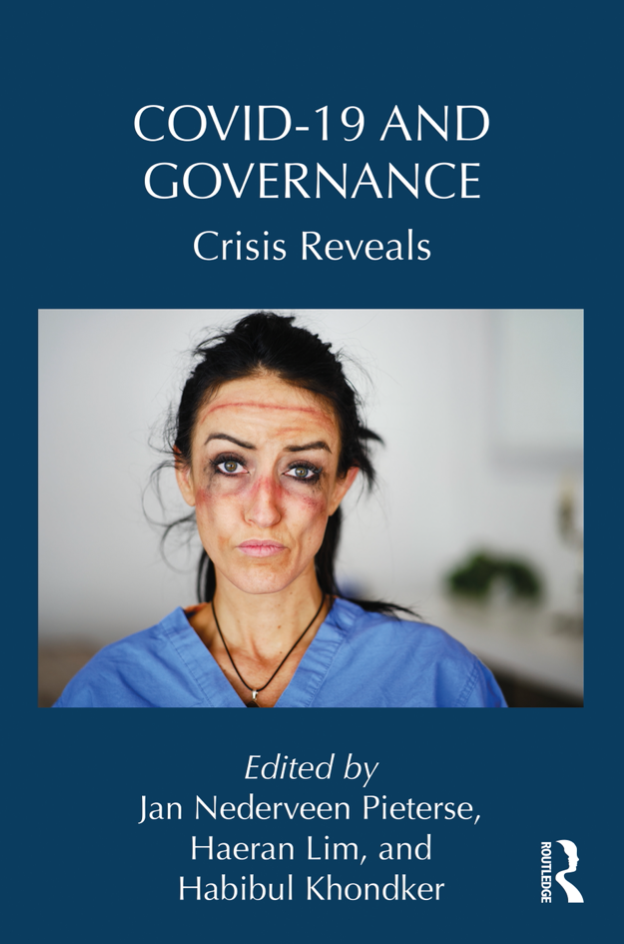
(Better) Stories From the Pandemic

“(Better) Stories From the Pandemic” is a book collecting 80 stories of the Covid-19 pandemic, selected among the 800 interviews collected by the RESISTIRÉ project. In these 80 interviews, people shared their experiences during the pandemic, experiences that speak about gender and intersecting inequalities.
The book “(Better) Stories From the Pandemic” is accessible here
The Manifesto for the transformation of science-society relationships has been published
 Under the ResBios Project, in November 2022, the Manifesto has been published focused on the transformation of science-society relations. The Manifesto was drafted by Wiebe Bijker (Norwegian University of Science and Technology, and ResBios advisor), Luciano d’Andrea (Knowledge & Innovation), and Daniele Mezzana (University of Rome Tor Vergata) in cooperation with the project consortium members and advisors.
Under the ResBios Project, in November 2022, the Manifesto has been published focused on the transformation of science-society relations. The Manifesto was drafted by Wiebe Bijker (Norwegian University of Science and Technology, and ResBios advisor), Luciano d’Andrea (Knowledge & Innovation), and Daniele Mezzana (University of Rome Tor Vergata) in cooperation with the project consortium members and advisors.
The Manifesto describes the deep changes that have been affecting science and innovation for the last decades, with special reference to biosciences, characterised by increasing competition on a global scale and progressive diversification of the relations between science and society. These trends, while producing an acceleration of the research process and a speeder connection between research and innovation, are having also critical consequences on both the internal mechanisms of science (e.g., reduced replicability of research data, production of redundant papers, forms of exploitation of young researchers, distortions in research quality assessment) and the social perception of science (e.g., diminishing authority of researchers and research organisations, raise of anti-science orientations and attitudes, reducing trust in science).
To face these transformations, the Manifesto proposes the establishment of a new social contract on science which should be based on the adoption of an extended view of responsibility, no longer intended merely as an ethical component of the research process but, more broadly, as an overall organisational principle for science organisations and science systems to be combined with principles and practices inspired to global competition.
Ethics, Integrity and Policymaking. The Value of the Case Study
 In November 2022, the second volume edited within the framework of the PRO-RES project, funded by the EU Horizon 2020 Programme, was published in open access by Springer (in the Research Ethics Forum series). This publication, entitled “Ethics, Integrity and Policymaking. The Value of the Case Studies”, edited by Ron Iphofen and Dónal O’Mathúna, addresses the importance of policymaking based on evidence that is high in quality and integrity. The book provides illustrative case studies that explore various research and innovation topics that raise challenges requiring ethical reflection and careful policymaking responses. Cases are drawn from many fields, including artificial intelligence, space science, energy, data protection, professional research practice and pandemic planning. Analyses reflect current debates where consensus has not yet been achieved and illustrate that ethical judgement is a fluid enterprise, where values, principles and standards must constantly adjust to new situations, new events and new research developments.
In November 2022, the second volume edited within the framework of the PRO-RES project, funded by the EU Horizon 2020 Programme, was published in open access by Springer (in the Research Ethics Forum series). This publication, entitled “Ethics, Integrity and Policymaking. The Value of the Case Studies”, edited by Ron Iphofen and Dónal O’Mathúna, addresses the importance of policymaking based on evidence that is high in quality and integrity. The book provides illustrative case studies that explore various research and innovation topics that raise challenges requiring ethical reflection and careful policymaking responses. Cases are drawn from many fields, including artificial intelligence, space science, energy, data protection, professional research practice and pandemic planning. Analyses reflect current debates where consensus has not yet been achieved and illustrate that ethical judgement is a fluid enterprise, where values, principles and standards must constantly adjust to new situations, new events and new research developments.
One of the case studies deals with Responsible Research and Innovation (RRI) and discusses ten years of EU policy on this matter, suggesting some lessons learned and the contribution that the RRI approach can provide to the progress of ethical research. The chapter, entitled ‘Responsible Research and Innovation (RRI) and Research Ethics’, is authored by, Giovanna Declich, Maresa Berliri and Alfonso Alfonsi of Knowledge and Innovation. The volume (and individual articles) are available here
Contribution of K&I to the High-Level Segment of the United Nations Economic and Social Council (UN-ECOSOC)
The last annual meeting of the High-Level Segment (HLS) of the UN-ECOSOC was held from 13 to 18 July 2022 and had as its theme “Building back better from the coronavirus disease (COVID-19) while advancing the full implementation of the 2030 Agenda for Sustainable Development”. As an institute in Special Consultative Status at the UN-ECOSOC, K&I has prepared, also building on the experience gained in the Resistiré project, a written contribution which has been incorporated by the United Nations among the documents of this meeting. The K&I contribution is available in English here, at the page 105.
Ethical Issues in Covert, Security and Surveillance Research
 The multi-authored volume “Ethical Issues in Covert, Security and Surveillance Research” edited by Ron Iphofen and Dónal O’ Mathúna has been released in December 2021, in open access, by Emerald Publishing, in the series Advances in research ethics and integrity.
The multi-authored volume “Ethical Issues in Covert, Security and Surveillance Research” edited by Ron Iphofen and Dónal O’ Mathúna has been released in December 2021, in open access, by Emerald Publishing, in the series Advances in research ethics and integrity.
Prepared in the framework of the PRO-RES project funded by the EU under the Horizon 2020 Programme, the volume strives to address some key issues related to the fields of surveillance, security, and covert research, which pose important ethical challenges to the research community, including funders and users In keeping with the orientation of the entire series, the authors approach the various topics with the intent of suggesting realistic solutions to ethical dilemmas. Each chapter, therefore, presents key issues in current debates, while offering pragmatic guidance for future research developments.
Among the authors, Alfonso Alfonsi and Maresa Berliri of Knowledge and Innovation authored the chapter “Science, Ethics and Responsible Research – the case of Surveillance”. The volume is accessible here
K&I researchers contributing in a book on Covid-19
 In June 2021, the book “Covid-19 and Governance. Crisis reveals”, edited by Jan Nederveen Pieterse, Haeran Lim and Habibul Khondker has been published by Routledge publishing house. The book collects 24 papers that provides an overview of the many variables that contributed to shaping responses to the pandemic in different regional and national contexts all over the world. One of them, titled “Covid-19 and science: Italy and late modernity”, has been authored by Luciano d’Andrea and Andrea Declich, researchers at K&I.
In June 2021, the book “Covid-19 and Governance. Crisis reveals”, edited by Jan Nederveen Pieterse, Haeran Lim and Habibul Khondker has been published by Routledge publishing house. The book collects 24 papers that provides an overview of the many variables that contributed to shaping responses to the pandemic in different regional and national contexts all over the world. One of them, titled “Covid-19 and science: Italy and late modernity”, has been authored by Luciano d’Andrea and Andrea Declich, researchers at K&I.
It analyses how the relationships between science and society, and especially science and governments, evolved during the pandemic, using as an example the Italian case. The paper highlights the various problematic issues characterising these relationships and deepens their links with the broader transformations affecting contemporary societies in their shift from modernity to late modernity.
More information about the book can be found on the publisher’s website
Socialization of science and the Covid-19 pandemic
Luciano d’Andrea and Andrea Declich, researchers at K&I, took a lecture on “Socialization of science: the Covid-19 pandemic” on May 26, 2021, in the framework of the Global Studies Colloquium 2020/21, organised online by the University of California, Santa Barbara. The lecture focused on how science-society relationships are modifying, as a part of the broader shift from modernity to late modernity, using the case of the management of the Covid-19 pandemic as a case study. The lecture was attended by around 20 scholars from different disciplinary fields and regional contexts.
The recording of the lecture is available on the Global Studies Colloquium YouTube channel.
